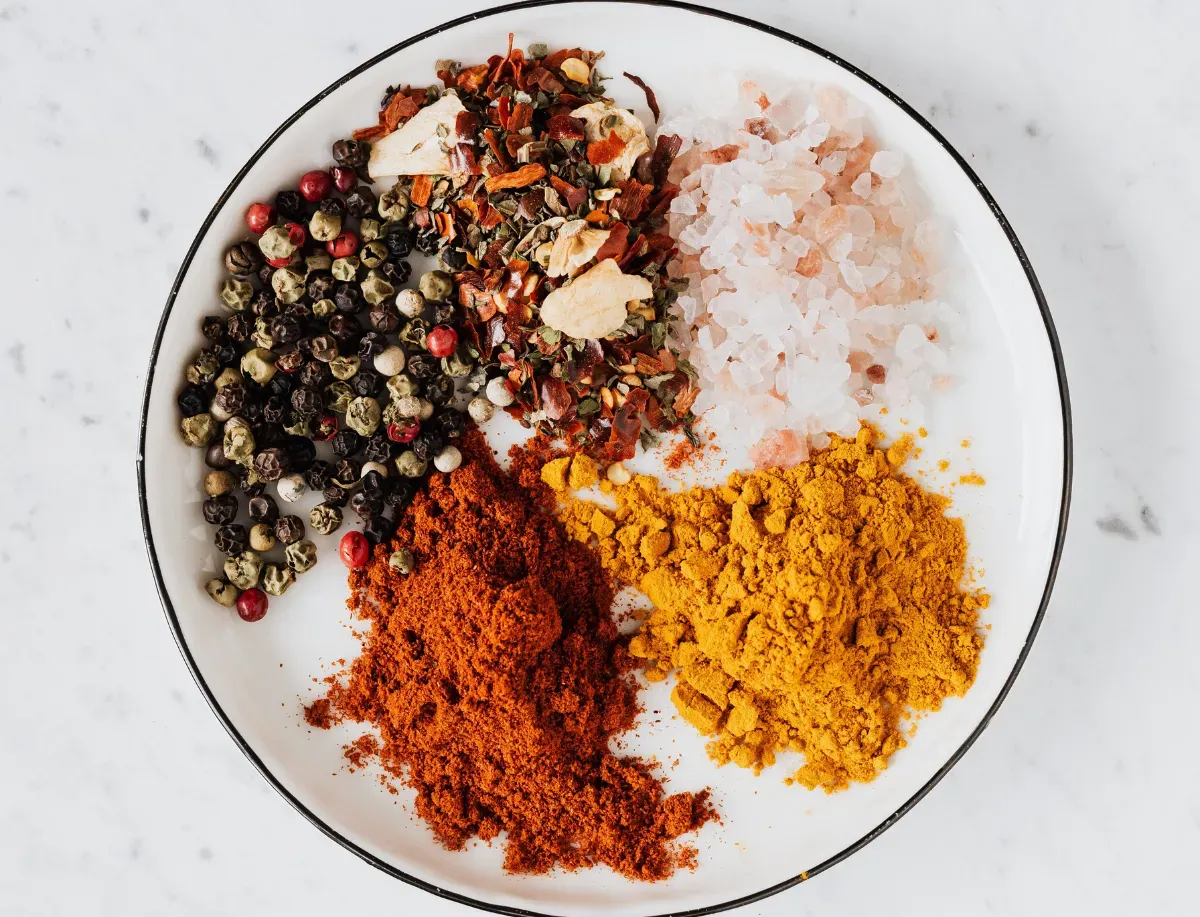Table of Contents
Turmeric is a yellow-orange colored powder that is derived from the rhizome of the Curcuma longa plant. It is commonly used in Indian and Asian cuisine and has been used medicinally for centuries in these regions. Turmeric powder has become increasingly popular in the Western world in recent years as people have become more aware of its potential health benefits.
What is Turmeric And What Are Its Benefits For Human Health?
Turmeric contains curcumin, which is a compound with antioxidant, anti-inflammatory, and antibacterial properties. Some studies have shown that curcumin can help to improve cognitive function and reduce the risk of Alzheimer's disease, while other studies have found that it can help to relieve arthritis symptoms. Adding turmeric powder to your diet is an easy way to take advantage of its potential health benefits. Reducing inflammation is one of the most popular benefits of turmeric.
Turmeric is thought to work by inhibiting the production of inflammatory cytokines. These are proteins that play a role in the body's inflammatory response.
How to Add Turmeric Powder to Your Diet?
Turmeric powder can be added to smoothies, juices, soups, stews, and curries. It can also be used as a seasoning for roasted vegetables or sprinkled over tofu or eggs. If you are new to cooking with turmeric, start by adding ½ teaspoon of powder to your dishes. You can gradually increase the amount of powder you use as you become more accustomed to the flavor.
Turmeric Supplements
Turmeric supplements are another option if you want to increase your intake of curcumin. Curcumin is poorly absorbed by the body, so look for supplements that contain black pepper extract. This substance can help to improve the absorption of curcumin.
Turmeric Tea
You can also make turmeric tea by steeping 1 teaspoon of powder in a cup of boiling water for 5 minutes. For an extra boost of antioxidants, add a dash of black pepper and a squeeze of lemon juice to your tea.
Are There Any Risks Associated With Consuming Too Much Turmeric?
Turmeric is generally considered safe when consumed in small amounts. However, it can cause some side effects, such as an upset stomach, dizziness, or yellowing of the skin, if consumed in large amounts. It is also important to note that curcumin is poorly absorbed by the body and is less likely to reach therapeutic levels when consumed in food. If you want to take advantage of the therapeutic benefits of curcumin, it is best to take it in supplement form.
Recipes That Include Turmeric Powder
-Green Juice with Turmeric: This refreshing green juice recipe includes apple, cucumber, spinach, ginger, and lemon juice, as well as turmeric powder.
-Roasted Cauliflower Soup with Turmeric: This creamy soup gets its beautiful golden color from turmeric powder. It also includes cauliflower, potatoes, carrots, garlic, and vegetable broth.
-Tofu Scramble with Turmeric: This healthy vegan breakfast option includes tofu, bell peppers, onions, and kale seasoned with turmeric, cumin, chili flakes, and black pepper.
-Curried Lentils with Turmeric: This hearty dish includes lentils, diced tomatoes, onion, garlic, gingerroot, ground cumin, garam masala spice blend, and turmeric. Serve it over steamed rice or quinoa for a complete meal.
Final Thoughts
Adding turmeric powder to your diet is an easy way to take advantage of its potential health benefits. You can consume it in supplement form or in your meals. Be sure to start slowly if you are new to cooking with it – ½ teaspoon per dish is a good place to start. And check out some of the delicious recipes above that include turmeric powder! Bon Appetit!

